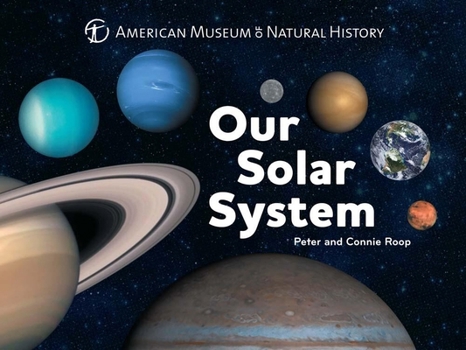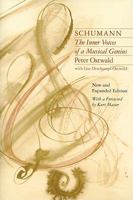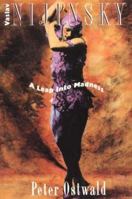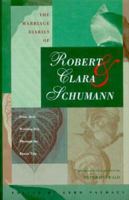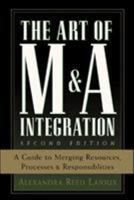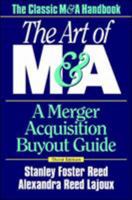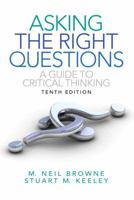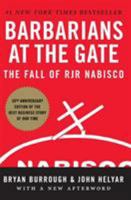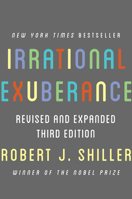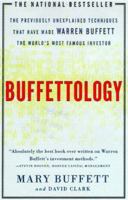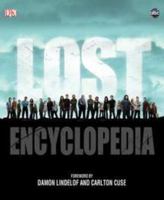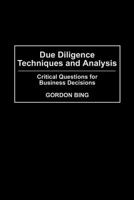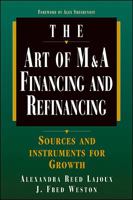American Museum of Natural History: Our Solar System
(Part of the Science for Toddlers Series)
Select Format
Select Condition 
More by Peter Ostwald
Book Overview
The youngest astronomers can go forth and journey into outer space in this fun, basic introduction to the solar system. The unique format presents our sun and each planet in order with graduated flaps--turn each flap to reveal fascinating facts on each celestial body, and even the Milky Way!
Format:Board book
Language:English
ISBN:1454914181
ISBN13:9781454914181
Release Date:June 2016
Publisher:Union Square Kids
Length:26 Pages
Weight:0.55 lbs.
Dimensions:0.7" x 7.8" x 5.9"
Age Range:2 to 5 years
Grade Range:Preschool
Related Subjects
Biographical Biographies Biographies & History Biography & History Economics Labor & Industrial Relations Politics & Government Politics & Social Sciences Professionals & Academics Scientists Social Science Social Sciences Social Scientists & Psychologists Specific Groups Women Women's StudiesYou Might Also Enjoy
Customer Reviews
5 customer ratings | 5 reviews
There are currently no reviews. Be the first to review this work.











